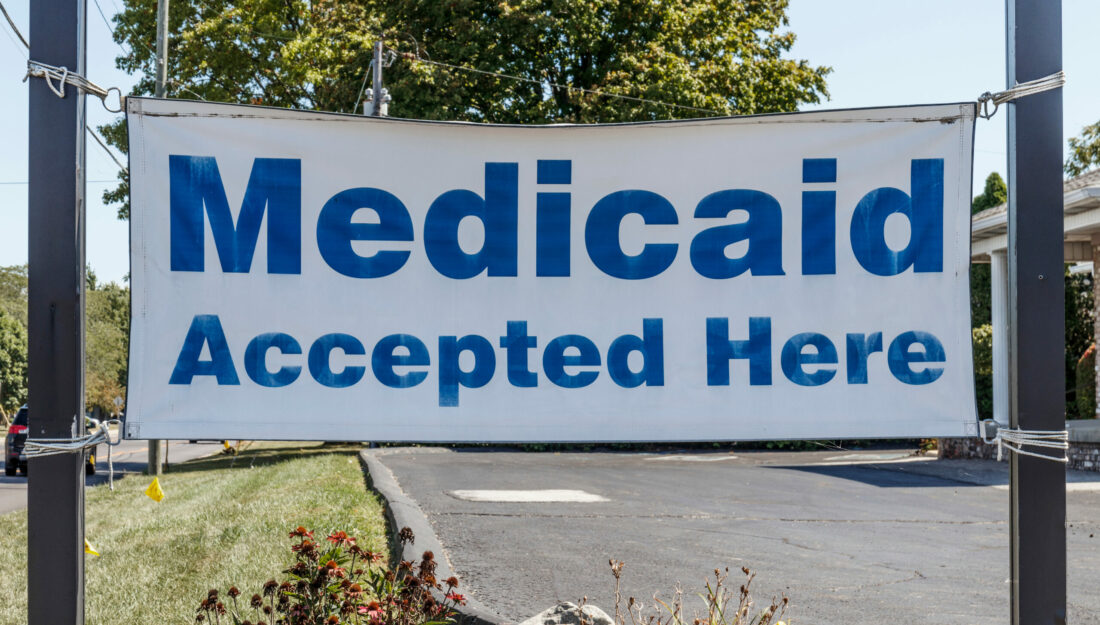- LaDawn Brock
- COVID-19, Dentistry, Healthy Living, Show on VR homepage
Medicines for preventing and treating COVID-19
A pharmacologist breaks down the benefits and associated risks of commonly used substances

The coronavirus has created chaos throughout the world, and each day brings new reports of more people being diagnosed with or dying from the disease. Currently, there is no known cure. The internet and social media channels are abuzz with information—both factual and unsubstantiated—for preventing and treating the symptoms of COVID-19. To get an expert opinion on some trending questions, we consulted Jayne S. Reuben, PhD, pharmacologist and instructional associate professor in biomedical sciences at the Texas A&M College of Dentistry.
According to a post circulating on social media, a Vienna laboratory studying COVID-19 reports that the vast majority of people who have died from the disease had ibuprofen in their system. To separate fact from fiction, can you address how over-the-counter anti-inflammatory drugs can interact with this virus? If ibuprofen is not a safe alternative, what should people use instead if they experience aches and fever that could be associated with COVID-19?
This is not surprising, because ibuprofen is a readily available nonsteroidal anti-inflammatory drug (NSAID) commonly used to decrease pain, fever and inflammation. For many people who can’t take ibuprofen, acetaminophen (also called paracetamol in Europe) is another over-the-counter option for reducing pain and fever. However, unlike NSAIDs like ibuprofen, acetaminophen is not effective for treating inflammation. Both medications may be helpful for treating the aches and pains associated with COVID-19. The FDA is unaware of any connection between the use of ibuprofen and exacerbated COVID-19 symptoms. Seek guidance from your medical professionals.
Will taking vitamins or supplements help build up a resistance to the virus? If so, what vitamins should people take to build their immunity (i.e., zinc, vitamin C)?
Because most over-the-counter vitamins and other supplements are not considered prescription drugs, they usually do not have sufficient clinical trial data to support their use. Despite this lack of evidence, many people take dietary supplements—including vitamins and herbs—to improve their health. Taking a daily vitamin can help you maintain adequate levels. Health professionals emphasize vitamin D is particularly important because it helps maintain immune function, among other benefits. It is produced in the presence of sunlight, so being indoors during this period may cause levels to decrease. Along with vitamin D, there is clinical trial evidence to suggest that zinc and vitamin C may also reduce the incidence of acute respiratory infections. However, avoid taking megadoses of any vitamin unless prescribed by your doctor.
There is currently no drug or vaccine approved for the treatment of COVID-19 and the The World Health Organization (WHO) “does not recommend self-medication with any medicines, including antibiotics, as a prevention or cure for COVID-19.” The best approach is to practice social distancing to prevent infection.
What can you tell us about the use of chloroquine and hydroxychloroquine in treating COVID-19?
To date, there are no large-scale studies to suggest that chloroquine-based drugs are effective against COVID-19, the disease caused by the virus SARS-CoV-2. Common symptoms for COVID-19 include coughing, shortness of breath and breathing difficulties. Severe cases can lead to pneumonia, severe acute respiratory syndrome and death. Although there are various antiviral medications available, drugs that will effectively treat or prevent COVID-19 must have anti-viral activity against this particular virus. WHO has trials in progress using chloroquine-based drugs alone or in combination with other drugs like azithromycin. Azithromycin is an antibiotic that is used to treat infections like bacterial pneumonia.
How are people who smoke or vape at a greater risk for contracting the coronavirus or recovering from the virus?
Smokers and vapers may already have lung disease or reduced lung capacity, which would greatly increase risk of serious illness. COVID-19-related deaths seem concentrated among older individuals who also have co-morbidities such as diabetes, chronic obstructive pulmonary disease (COPD) and other underlying respiratory conditions. Therefore, there is reasonable concern for serious complications of COVID-19 with patients who have a smoking history or compromised lung function. Investigations have shown smokers “are likely to be more vulnerable to COVID-19, as the act of smoking means that fingers (and possibly contaminated cigarettes) are in contact with lips, which increases the possibility of transmission of virus from hand to mouth.” Vaping may also compromise lung function: Evidence suggests that aerosols from e-cigarettes damage lung tissue and can minimize the body’s ability to respond to infection.
According to a case series published in the Journal of the American Medical Association and based on data from the Chinese Center for Disease Control and Prevention, the case fatality rate for COVID-19 was 6.3 percent for those with chronic respiratory disease in comparison to a rate of 2.3 percent overall.
Should I stop taking my prescriptions if I think I may be sick with COVID-19?
Do not stop taking any prescription medications unless instructed by your medical provider.
If you have a cough, fever and difficulty breathing, it is important to seek medical care early. Remember to contact your health facility by telephone first. Most patients recover with supportive care. Seek emergency care immediately if you experience difficulty breathing, persistent chest pain or pressure, bluish lips or face, new confusion or inability to arouse.
The Centers for Disease Control and Prevention (CDC) offers a self-checker survey to help the public make decisions about whether to seek medical attention.
Do other vaccines confer immunity to COVID-19?
No, and humans do not have natural immunity against the virus because it is novel. Vaccines against pneumonia, such as pneumococcal vaccine and Haemophilus influenzae type b (Hib), do not provide protection against the new coronavirus. Multiple research groups are working to develop a vaccine as quickly as possible.
Remember, we have had drugs and a vaccine for the flu virus for years, but it still kills thousands of people every year. COVID-19 is at least 10 times more lethal than the flu, and individuals may be contagious before they show symptoms.
What are your thoughts about the report that China found more people with type A blood died from COVID-19 than those with type O?
The results from an early small-scale study suggested that individuals with type A blood may be at higher risk for acquiring COVID-19 compared with non-A blood groups, and that type O was associated with a lower risk for the infection compared with non-O blood groups. However, the authors admit that the study had many limitations and, while these results encourage further investigation, there is not sufficient evidence to guide clinical practice at this time.
What recommendations do you have for people who are immunosuppressed and at a greater risk for complications associated with COVID-19?
The same recommendations for everyone. Stay home and avoid close contact with people (remember, six feet!), and don’t assume that people without symptoms aren’t infected. Clean and disinfect your home and routinely clean high-touch surfaces such as doorknobs, faucets, light switches and cell phones. Wash your hands often (for at least 20 seconds), especially after being out in a public place. If you are unable to wash with soap and water, be sure to use a hand sanitizer containing at least 60 percent alcohol. Avoid touching your face, eyes and mouth. Avoid non-essential air travel and definitely avoid all cruise travel. If you must leave your house, be sure to avoid crowds and poorly ventilated areas. Risk of exposure to respiratory viruses increases in closed-in spaces with little air circulation if there are individuals around you who are sick. If you have any concerns regarding your underlying health conditions and risk of contracting COVID-19, be sure to call your doctor. Any person who is taking immunosuppressant medications or has co-morbidities that compromise immune function is at greater risk. Therefore, it is crucial that these individuals take necessary precautions to minimize the risk of contracting the disease.
Editor’s Note: Please send any COVID-19 drug-related questions to ladawn@tamu.edu. Our experts will provide periodic updates as new data is released to help you make the best health care choices for your family.
This article by LaDawn Brock originally appeared in Dentistry Insider.
Media contact: media@tamu.edu


